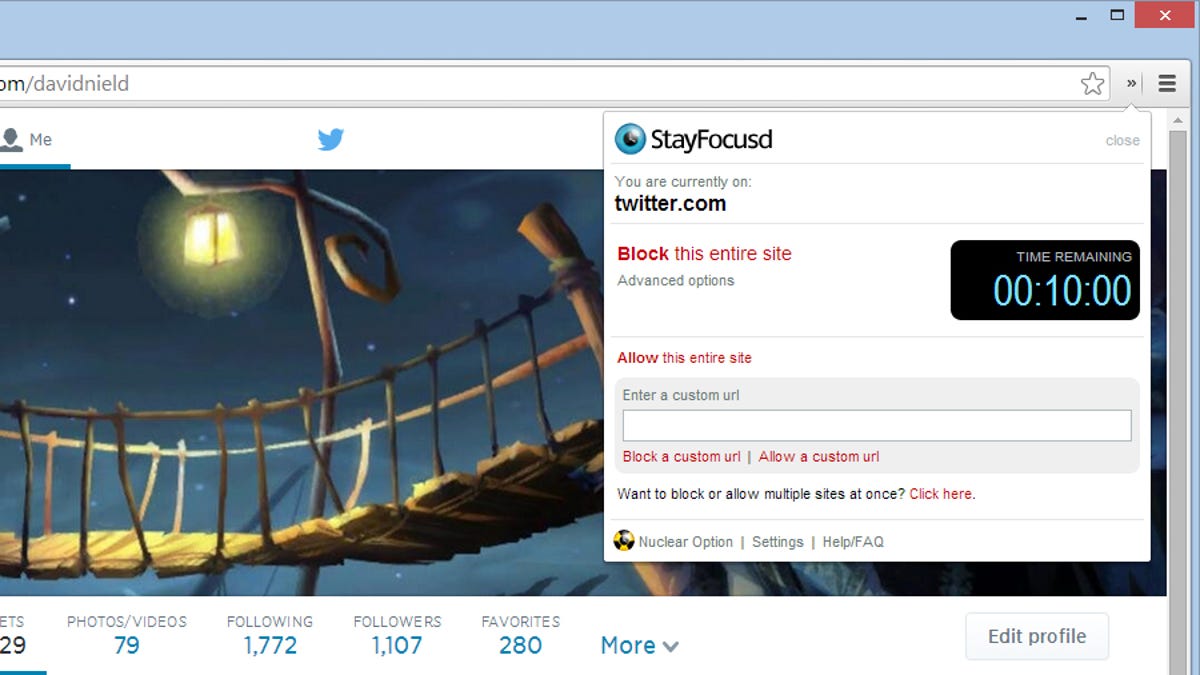
Newport positions the ability to perform deep work as a key to securing competitive advantage in the workplace. It’s a method for reclaiming productive focus, for being present on the work that matters, and for working with impact. This is precisely what deep work aims to solve. It makes it impossible to reflect on what truly matters and whether our efforts are actually useful. Our perpetual busyness is unrewarding and stressful, and dilutes the attention we have available for our work. We’re immediately available to new requests, using asynchronous tools synchronously and dropping whatever we’re doing to check a Slack notification or answer an unimportant email.Īs a result, our digital interactions have become increasingly passive – built around receiving and consuming information, instead of acting with intention. Let’s be real – many of us suffer from “inbox anxiety”, and can’t go 30 minutes without checking our email. (It takes about 23 minutes to refocus after each distraction). This shallow work leads to us spending huge amounts of our day switching context, which reduces our ability to perform at our cognitive peak. shallow workĭeep work stands in direct opposition to shallow work – non-cognitively demanding, highly replicable tasks that don’t create any real value and can be performed in a state of distraction, like managing email, responding to Slack and logging time sheets. The term “deep work” was coined by Cal Newport, associate professor of computer science at Georgetown University and author of Deep Work: Rules for Focused Success in a Distracted World, and the concept has been quickly adopted as a useful antidote for modern working practices saturated with unrewarding and unproductive distractions. It creates that intense, out-of-body kind of focus that makes you completely oblivious to what’s going on around you – the kind that produces your best work. What is deep work?ĭeep work is the ability to concentrate deeply on a difficult task for prolonged periods of time without getting distracted. We’ll then move on to lay out exactly how you can practice deep work and thrive by it.

But what exactly is deep work and does this work philosophy buzzword actually have any substance? In this guide, we’ll break down the main talking points behind the concept to assess its wider context and usefulness. In sharp contrast, there’s deep work, which promises dividends in terms of productivity, employability and happiness. This also contributes to a culture of busyness, where we seem to work flat out, but with very little to show for it at the end of the day. Flitting between these tasks slowly maxes out our attention, leaving us overwhelmed, unfulfilled and unproductive.
Completely uninstall selfcontrol app manual#
Constant communication and immersive tech have made it almost impossible for us to stay focused on the complex, problem-solving tasks that push our work forward – ushering in huge consequences for our wellbeing, as well as our productivity.Ī ton of “shallow work” fills our days – like emails, Slack messages, manual admin and tool notifications. Most of us work in a state of perpetual distraction, multitasking and checking phones and emails every few minutes.


 0 kommentar(er)
0 kommentar(er)
